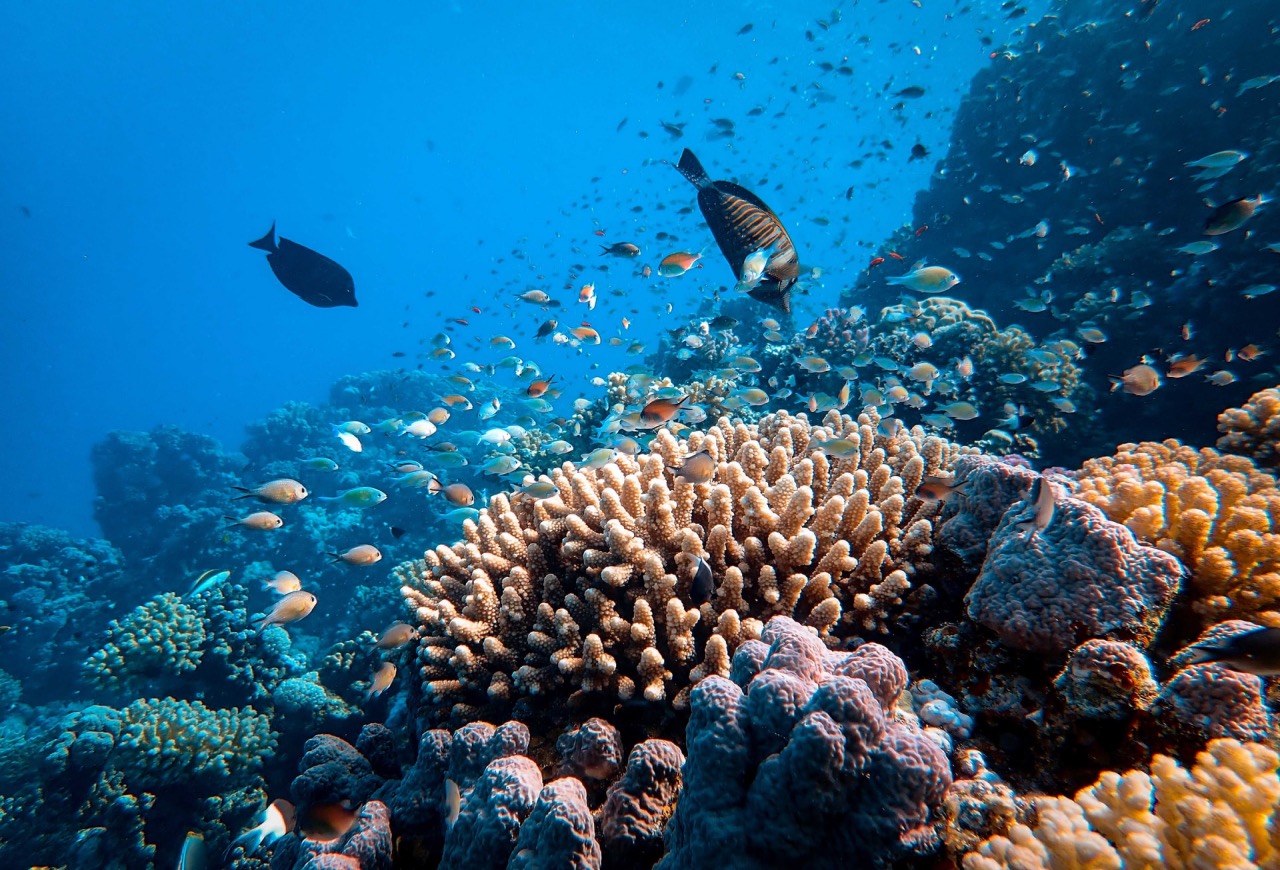Agreement seen as key to achieving the ocean-related goals of the 2030 Agenda for Sustainable Development and Montreal UN Biodiversity Conference (COP15).

The United Nations has this week adopted what is seen as an historic agreement to protect the world’s oceans.
As reported in Impact Investor, the ‘high seas’ treaty was agreed to in principle earlier this year, but its adoption by all 193 member states makes the agreement legally binding giving what António Guterres, secretary-general of the United Nations, described as a “fighting chance” to the ocean.
The aim of the agreement is to ensure the conservation and sustainable use of marine biodiversity in areas beyond national jurisdiction, which cover over two-thirds of the world’s oceans, and has been welcomed by impact investors investing in the blue economy for helping to raise awareness of the critical issues at stake and drive capital to what is the most underfunded of the SDGs (SDG 14 – life below water).
The agreement addresses several key issues including setting up a framework for the fair and equitable sharing of benefits from activities linked to marine genetic resources in the high seas, and the establishment of area-based management tools, including marine protected areas (MPA’s), to conserve and sustainably manage vital habitats and species.
It also aims to ensure that environmental impacts of activities in areas beyond national jurisdiction are assessed and considered in decision-making and provides an international legal framework for the assessment of the cumulative impacts of activities and the consequences of climate change, ocean acidification and related impacts, in these areas.
The agreement is being hailed as critical to achieving the ocean-related goals of the 2030 Agenda for Sustainable Development as well as the global goals agreed at the UN’s Biodiversity Conference (COP15) in Montreal last December, which aim to effectively conserve and manage at least 30 per cent of the world’s oceans and restore 30 per cent of marine ecosystems by 2030.
The agreement is also seen as useful tool to facilitate cooperation in capacity-building and the transfer of marine technology to help member states, particularly developing countries, to achieve its objectives.
Its adoption comes just a few days before the Summit for a New Global Financial Pact is hosted in Paris by French president Emmanuel Macron with the aim of developing a new global financial system that ensures vulnerable countries are better equipped to overcome the challenges of climate change as well as other social and environmental issues.
Addressing member states at the resumed fifth session of the Intergovernmental Conference on Marine Biodiversity of Areas Beyond National Jurisdiction, Guterres said: “By acting to counter threats to our planet that go beyond national boundaries, you are demonstrating that global threats deserve global action, and that countries can come together, in unity, for the common good”.





